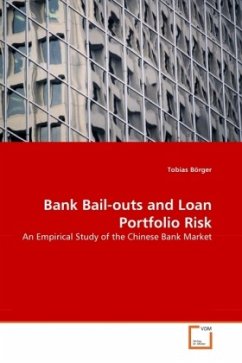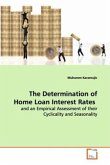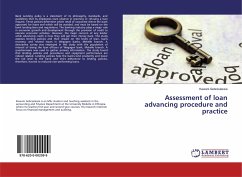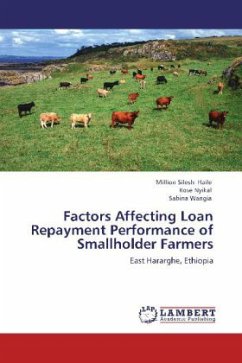The Chinese banking sector is one crucial factor of the country's transition towards a market economy. Financial intermediation the channelling of bank deposits into investment projects is one of its main tasks. Economic theory finds that without a hard budget constraint for banks the efficient monitoring of credit users implementing such investments is not assured. In China, however, the legacy of socialist directed lending practices still impacts the risk taking of financial intermediaries. Major banks expect government to bail them out in case of financial failure. Such bail-out expectations constitute a soft budget constraint and induce higher risk-taking. This study investigates the impact of bail-out expectations on the loan portfolio risk of Chinese banks. After developing the theoretical case for a hard budget constraint imposed on a financial intermediary to make delegated monitoring both efficient and viable, an overview of major reform steps in the Chinese banking sector in the last two decades is provided. By employing balance sheet data of Chinese financial institutions, the empirical analysis finds a significant effect of bail-out expectations on risk-taking.
Bitte wählen Sie Ihr Anliegen aus.
Rechnungen
Retourenschein anfordern
Bestellstatus
Storno








